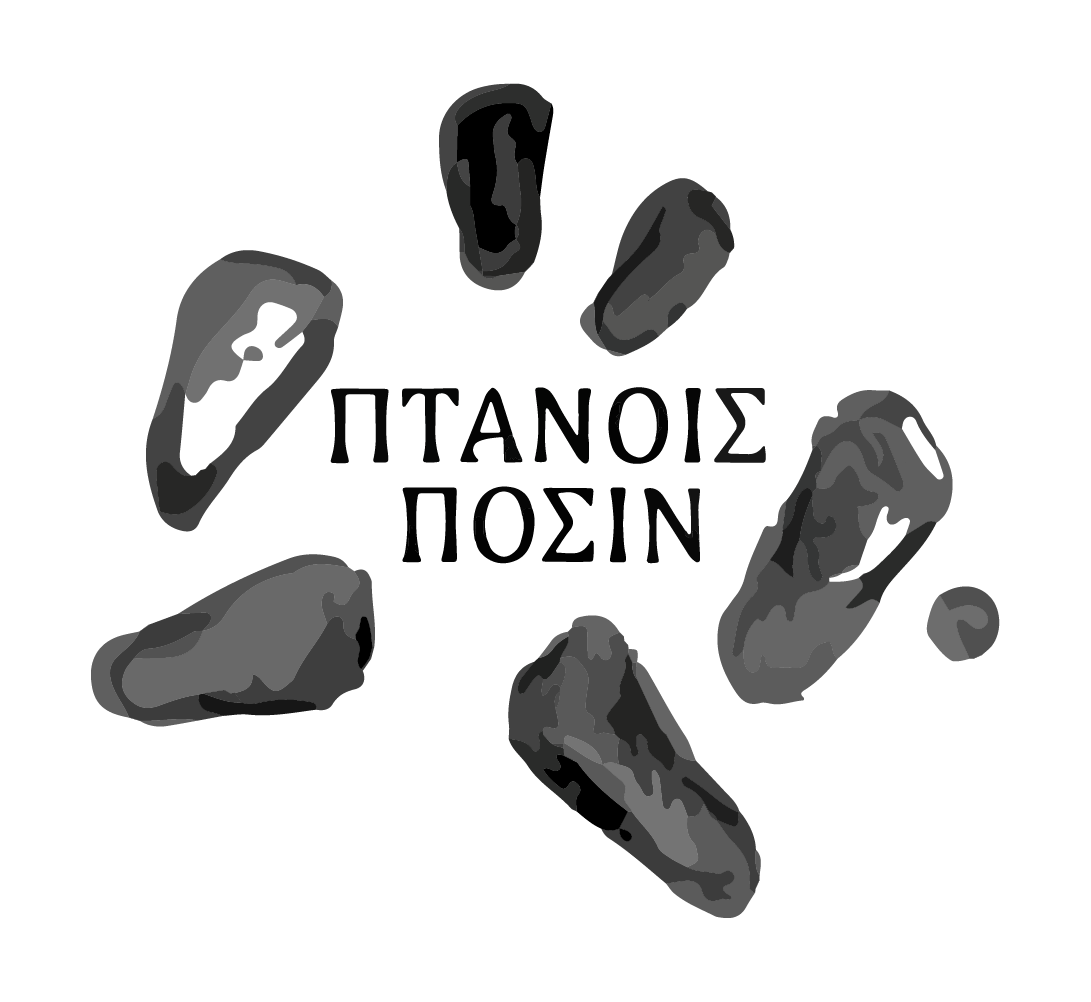Daux, BCH 63 (1939), 161-162
Philonidas μουσικός
Date:
142/141 BC
Edition:
ἄ]ρχοντος Δάμωνος, βο[υλευόντων τὰν δευτέ]-
[ρα]ν ἑξάμηνον Ἁγίωνο[ς, Ἀναξανδρίδα, Εὐκλέος],
[ἔδο]ξε τᾶι πόλει τῶν Δελ̣[φῶν ἐν ἀγορᾶι τελείωι σὺν]
[ψάγοι]ς ταῖς ἐννόμοις· ἐπ[ειδὴ Φιλωνίδας patronymic]
5 [ethnic ]ιος μουσικὸς, ἐν̣[δαμήσας ἐν τὰν ἁμετέραν]
[πόλιν, τάν] τε ἀναστροφὰν [καὶ τὰν παρεπιδαμίαν ἐποι]-
[ήσατο ἀξίως] τοῦ τε δά[μου τῶν — — — —ιων καὶ τοῦ]
[θεοῦ καὶ τᾶς πα]ρ’ ἁμῶν αἱ[ρέσιος καὶ ἐπέδωκε τῶι θε]-
[ῶι ἁμέραν καὶ] εὐδοκίμ[ησε· δεδόχθαι τᾶι πόλει τῶν]
10 [Δελφῶν· ἐπαινέσ]αι Φιλωνίδ[αν κτλ.]
Translations (en):
Under the archonship of Damon, Agion Anaxandridas, Eukles were bouletai for the second semester. It was resolved by the city of Delphi, in full assembly, with legitimate vote: since the μουσικός Philonidas, having dwelt in our city, conducted his stay in a way worthy of the people …, of the god and of his preference toward us, and he offered the god one day and obtained good fame: it has been resolved by the city of Delphi to praise Philonidas…”
Translations (it):
“Sotto l’arcontato di Damon, essendo buleuti del secondo semestre Agion, Anaxandridas, Eukles. Sembrò bene alla città di Delfi, in assemblea perfetta, con voto legittimo: poiché il μουσικός Philonidas, avendo soggiornato presso la nostra città, tenne un comportamento e un soggiorno in modo degno del popolo dei …, del dio e della predilezione nei nostri confronti e concesse al dio un giorno ed ottenne buona fama: è sembrato bene alla città di Delfi di lodare Philonidas…”
Commentary (en):
In the Hellenistic age in Delphi, professionals specialized in music and poetry constituted a prominent category in the popular movement of the “poeti vaganti”.
Between the 2nd and 1st centuries BC, two mousikoi, Philonidas and an anonymous
artist, dwelled into town and were well-appreciated in their performative endeavors.
Commentary (it):
Nella Delfi ellenistica i professionisti della musica e della poesia ebbero rilievo particolare. Le loro esibizioni rispondevano all’esigenza sia di mantenere salda la tradizione sia di seguire tendenze più moderne.
Tra il II e il I sec. a.C., due mousikoi, Philonidas e un anonimo (cf. Daux, BCH 73, 286-287 nr.35), giunsero in città per prodursi in esibizioni che furono ben apprezzate dal pubblico di Delfi.

